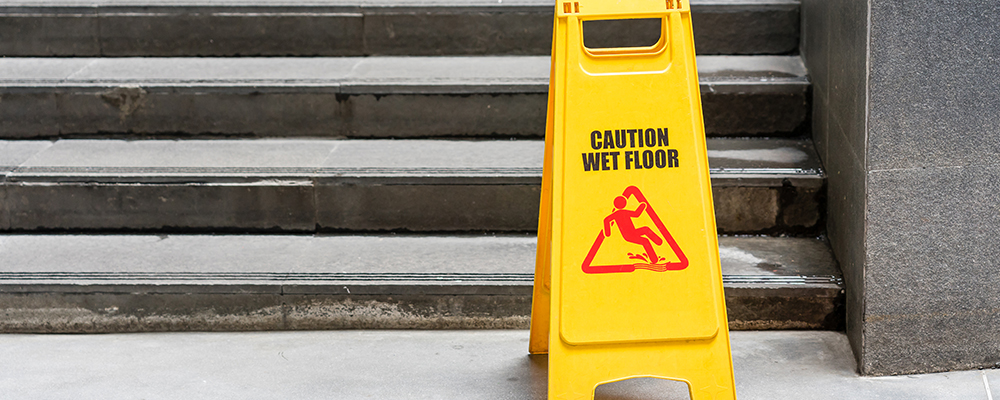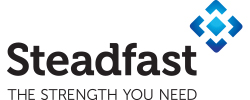Do you really need Public Liability Insurance?
Whilst slips, trips and falls are only one type of allegation that can be claimed against your business, it’s good to know the numbers have been on the decrease since 2016. However, that’s no reason to become complacent because the financial and reputational costs to fight these allegations in a court of law can be significant, and the average cost of each claim has been increasing.
This means that you can take all the care in the world and rarely even be faced with these types of allegations, but it can only take one claim to ruin your company financially and reputationally. So, if your company interacts with suppliers, customers or the public in any way, then you can benefit from some level of Public Liability Insurance. To decide what type of insurance policies are suitable for your business, contact us today.
General Advice Warning: This advice is general and does not take into account your objectives, financial situation or needs. You should consider whether the advice is appropriate for you and your personal circumstances. Before you make any decision about whether to acquire a certain product, you should obtain and read the relevant product disclosure statement.
Clear Insurance Pty Ltd. ABN 41 601 916 689. AFSL No. 548953.





